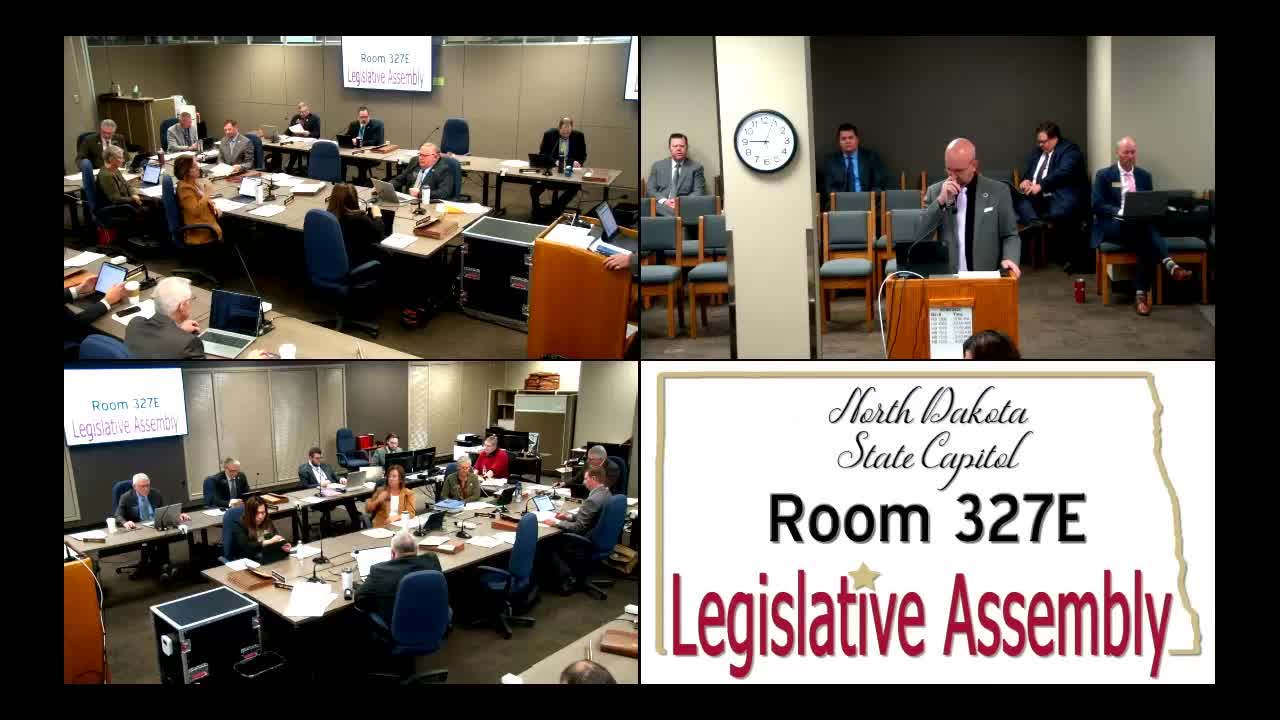Article not found
This article is no longer available. But don't worry—we've gathered other articles that discuss the same topic.
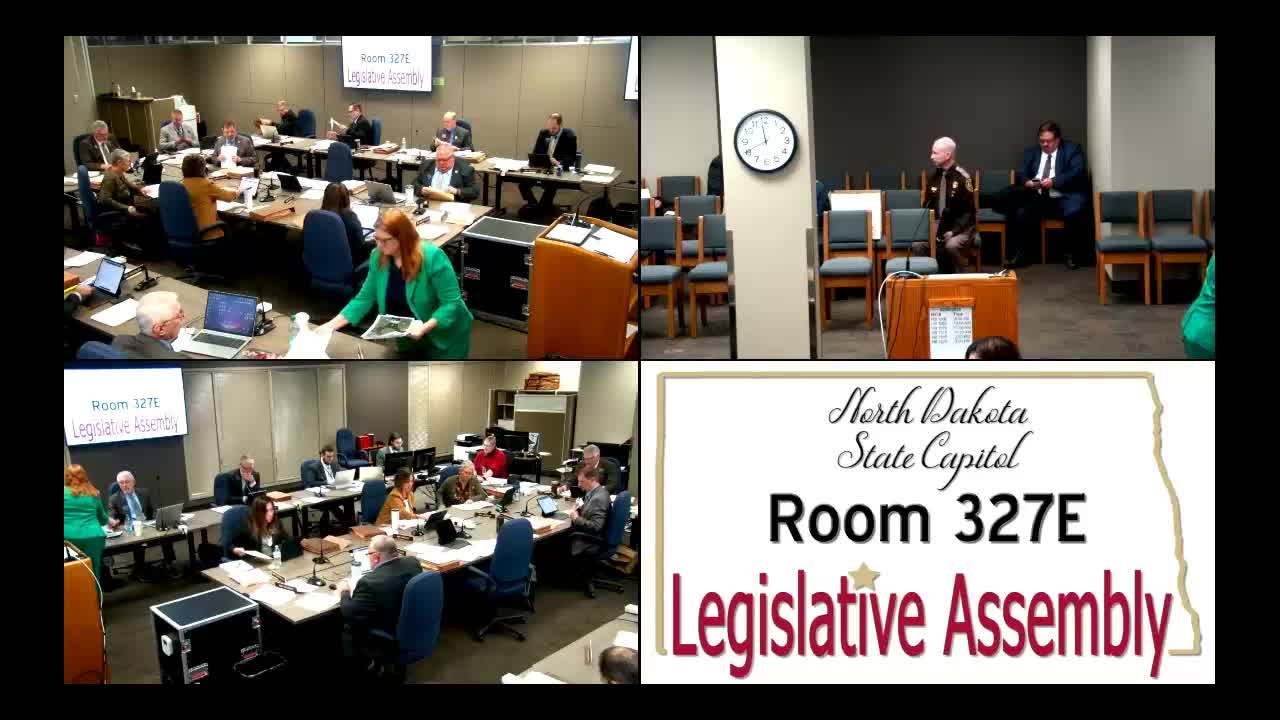
Committee recommends due pass for bill removing mandatory exit signaling for roundabouts
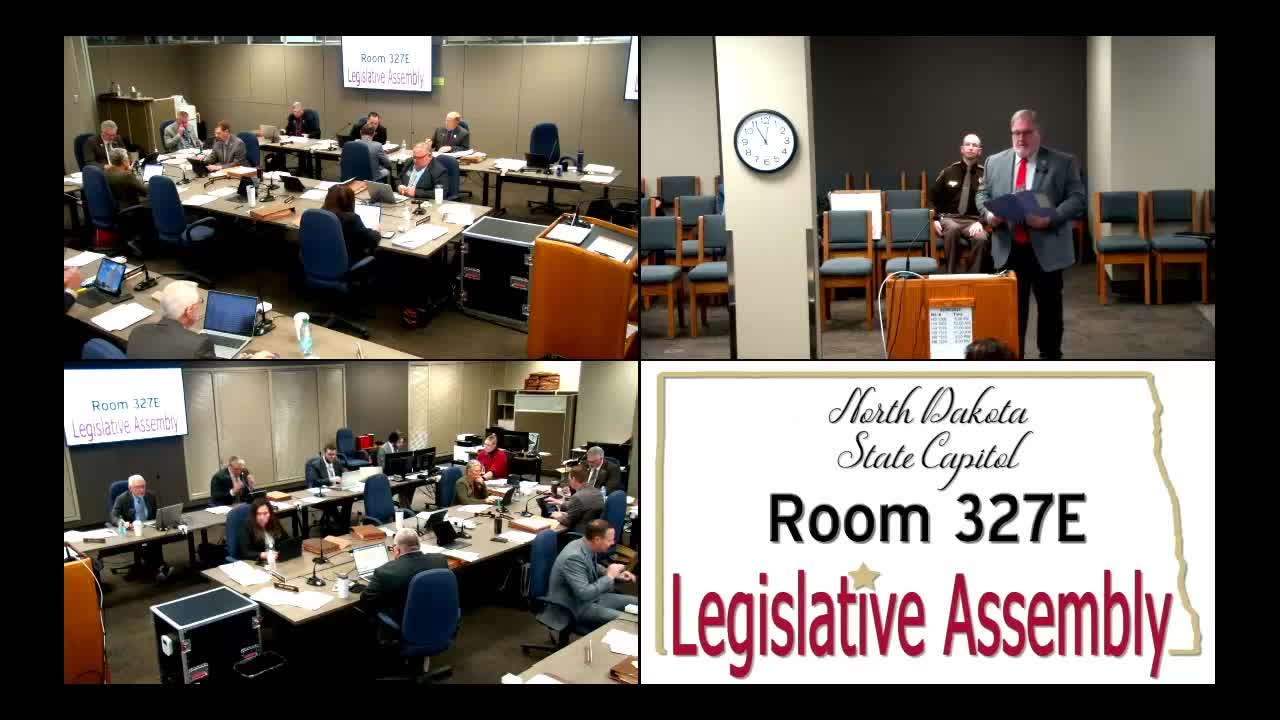
Committee hears evidence on oral‑fluid roadside screening for drug‑impaired driving
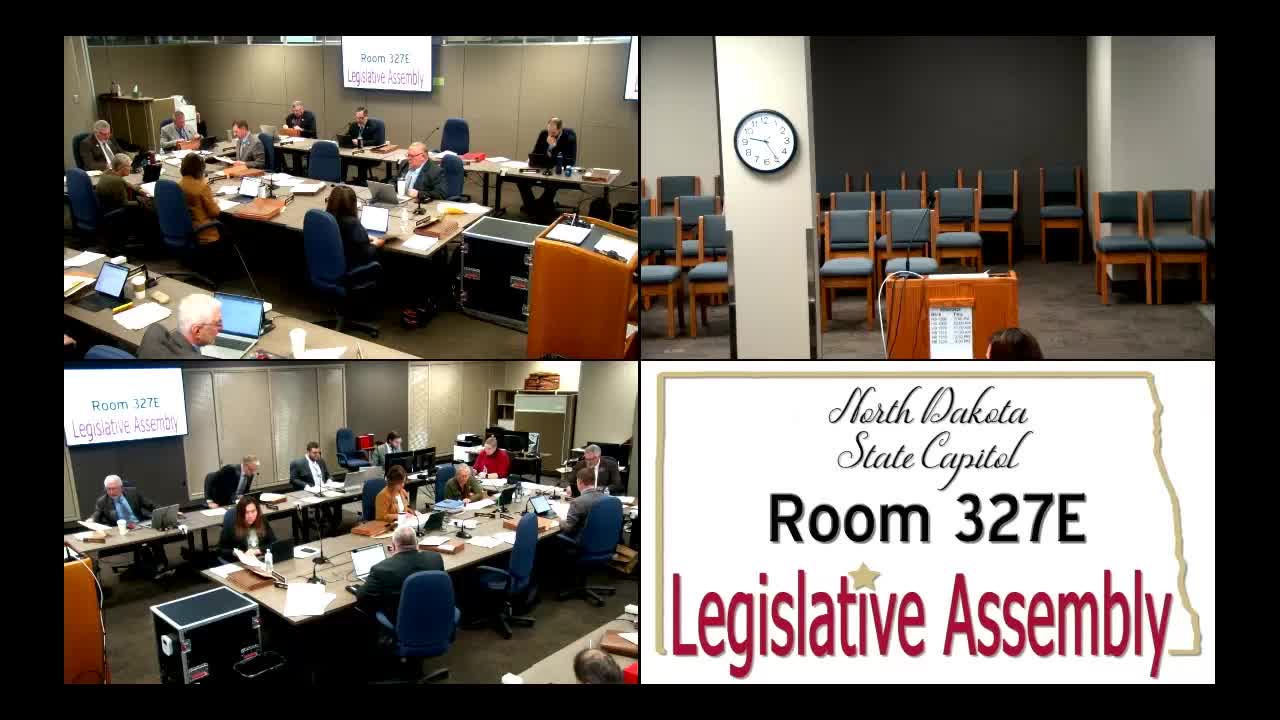
Committee removes city doubling of traffic fines and votes 'do not pass' on speed‑limit bill as amended
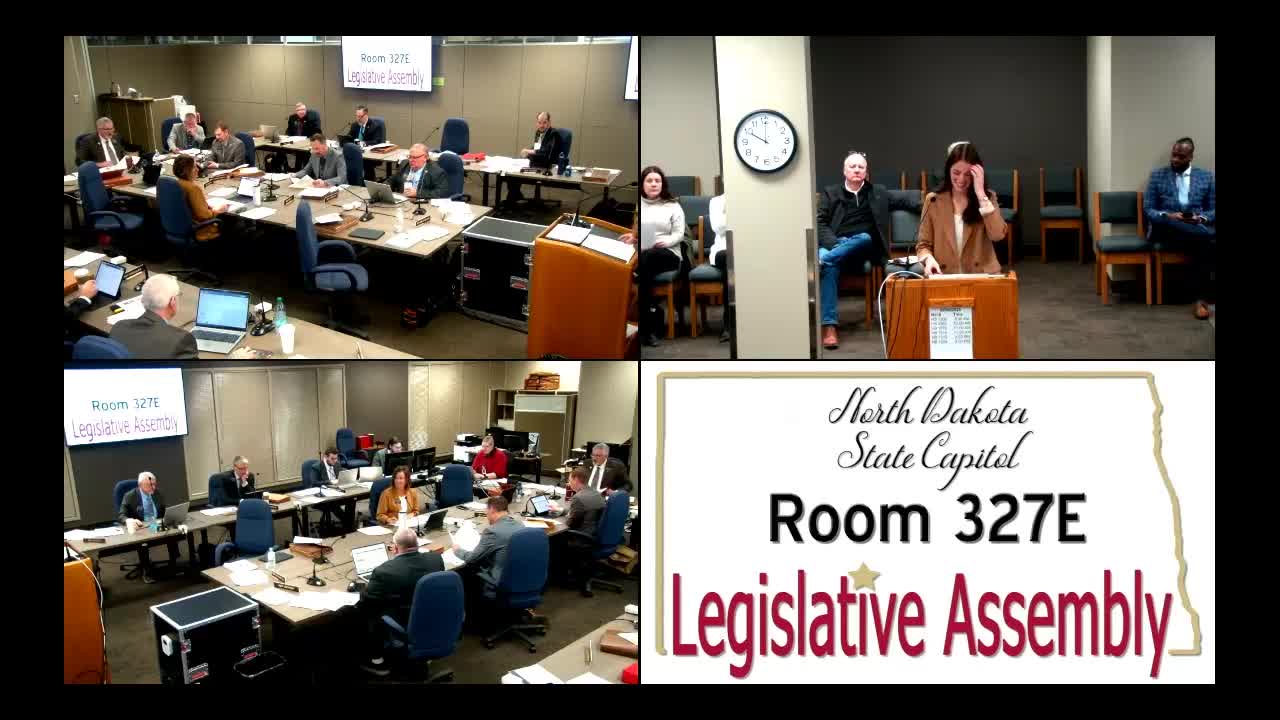
Committee backs bill to raise felony class for DUI causing serious bodily injury
